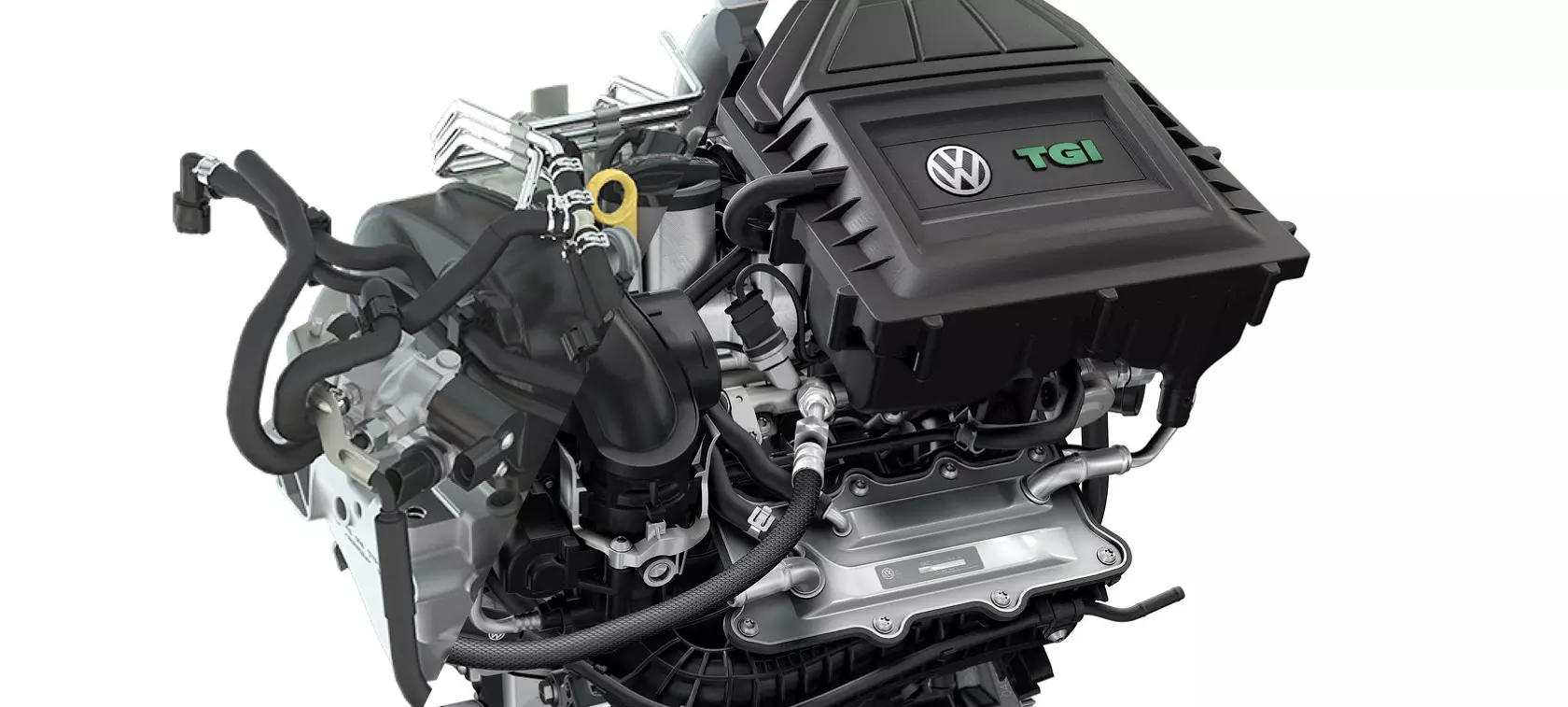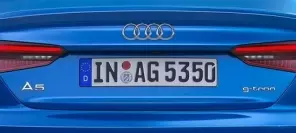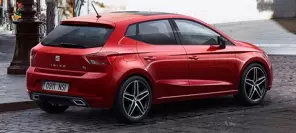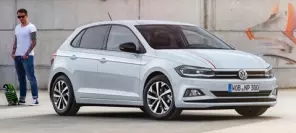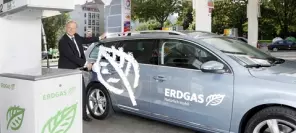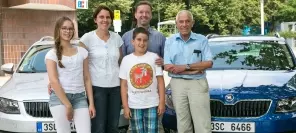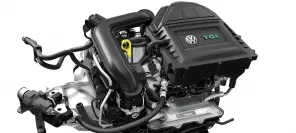- Main page
- Search
- Up to date
- Products
- Technology
- Vehicles
- Video
- Conversion Payback Simulator
Port Injection - Conversion Payback Simulator
Direct Injection - Conversion Payback Simulator
Diesel - Newsletter
Volkswagen replaces diesels with CNG units
 loading results...
loading results...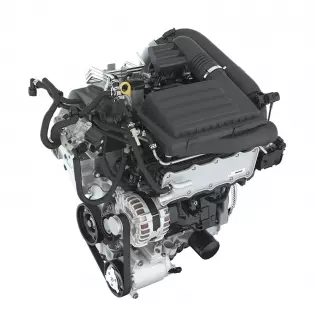 © VolkswagenThe 1,4 TGI unit powers a number of models, including the Skoda Octavia G-TEC and the Audi A3 g-tron
© VolkswagenThe 1,4 TGI unit powers a number of models, including the Skoda Octavia G-TEC and the Audi A3 g-tronSince the infamous Dieselgate scandal, particularly in America, Volkswagen perceives CNG as a short-term solution, which will help the company meet carbon dioxide emissions levels. This is why Volkswagen has recently shifted much attention to natural gas, including the CNG Mobility Days event in Hamburg, Germany.
In a project coordinated by "Vee Dub", including a number of companies from the natural gas sector, the number of CNG-powered cars in Germany is expected to grow from below 100 thousand today to as many as a million in 2025. Accordingly, the number of refueling stations is set to expand from the current 900 to 2000.
Unfortunately, actual sales figures make the above projections seem like wishful thinking, if not pipe dreams. According the KBA (the German federal road transport authority), across the first five months of 2017 as few as 848 CNG-fueled vehicles were registered, down 42,2% from the same period of 2016. In contrast, in the same time 7993 EVs were sold, up 126% from 2016.
Apparently this would make a great time for Volkswagen to introduce a larger number of EV models, the line-up currently only comprising the e-Up! and e-Golf. However, the German automaker's high-range electric cars (previewed by the I.D. family of concepts) will not appear in showrooms until at least 2020. By that time VW needs to adopt other means to meet the stringent CO2 emissions limits.
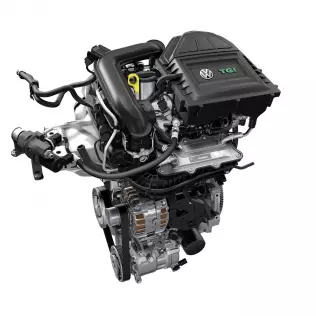 © VolkswagenThe three-cylinder 1,0 TGI unit is the latest addition to the range, with the latest incarnations of the Seat Ibiza and the Volswagen Polo to be its first applications
© VolkswagenThe three-cylinder 1,0 TGI unit is the latest addition to the range, with the latest incarnations of the Seat Ibiza and the Volswagen Polo to be its first applicationsCNG seems like the right way to, since CNG-powered vehicles tend to spew out by up to 25% less CO2 than their petrol- and diesel-powered counterparts. Higher sales of methane-fueled models (including offerings from Volkswagen, Skoda, Seat and Audi brands) will allow the VW Group to avoid fines that could result from exceeding corporate CO2 emissions goals. Just to remind you, by the year 2020 a single car produced by a given manufacturer won't be allowed to emit more than 95 g/km on average.
This is why Volkswagen intends to move towards CNG and this way compensate for the projected decline in sales of diesel-powered models. This shouldn't be too expensive to implement, since CNG technology is ripe, fairly simple and easily accessible. Engines require hardly any modifications, apart from fitting an additional fuel system alongside the petrol one and a set of pressure tanks to store CNG.
The new strategy is aimed to buy VW engineers some time in which they will be able to complete development of the already announced EV range, particularly high-capacity batteries. If you ask us, this intermediate phase could last for decades. Long live CNG!
